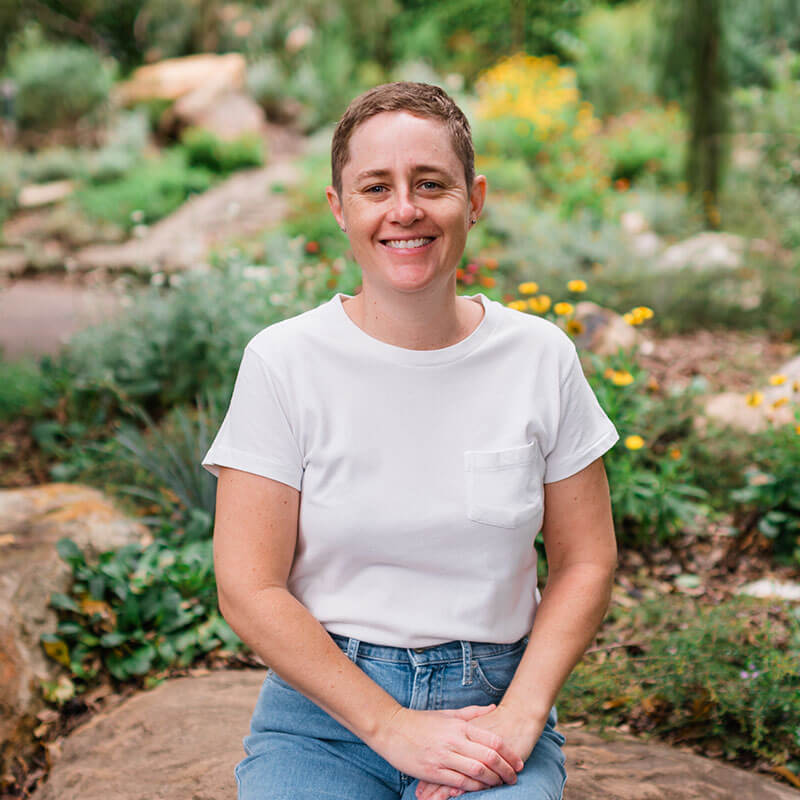As work winds up and the year comes to a close many begin to reflect on the year past and the year ahead. If there have been any challenges within your relationship, you may be particularly focused on this facet of your life and contemplating what you would like for your relationship in the new year and beyond. For some, it may be a point in time at which things need to change for the relationship to continue.
If you are looking to make some positive changes in your relationship in the new year it may be worth considering:
- What has been good? What are you happy about in the relationship? What would you like more of? For example: do you appreciate that your partner always gives you a kiss hello when you arrive home from work or that you managed to make quality time together even when things were busy.
- What has been difficult? What would you like to change? For example: would you like to listen to each other better, or start going on regular date nights.
- What shared goals do you have as a couple? What would you like to achieve together in the coming year? For example: would you like to go on an international holiday together or purchase your first home.
- What individual goals do each of you have? How can you support each other towards these goals? For example: would one of you like to run a marathon while the other wants to learn to sail.
If you and your partner would like to set intentions for your relationship for the new year, set aside some time (at least a couple of hours) to talk through and discuss your respective responses the above questions. Begin with what you’re happy about and share your appreciations with each other. Try to think of and share as many positives as possible and be specific.
If there is something within the relationship you would like to work on, like communication or prioritising time with each other, share this with your partner using the gentle start-up. The gentle start-up is a way of complaining without hurting your partner. It involves saying how you feel about a situation (not your partner) and what you need or want. It might sound something like this: I feel really sad when we don’t make our Sunday morning breakfast date. I really look forward to this time with you and I miss you when other things come up. I’d like for us to make this a priority and organise other commitments around it.
This gentle start-up involves talking about the situation (missing Sunday morning breakfast) rather than blaming the partner (you always make other priorities so we miss breakfast) which will make it easier for the person listening to hear to the complaint. It also expresses a positive need (I’d like for us to make this a priority) rather than a negative need (I need you to stop prioritising other things), and it is expressed as a ‘we’ or ‘us’ fostering a sense of togetherness in the relationship.
Once you have expressed your concern, if you think it is likely a conversation with a deeper meaning (for example: I’d like to have a better plan for Christmas and how to handle your mother’s snippy comments next year) set aside some more time to have a conversation to explore each other’s perspective. You may like to ask questions like: is there a story behind this for you, or why is this important to you? Take turns and listen to each other, be curious and clarify what you’re hearing to make sure you really understand each other. Look for the overlap in your perspectives and think about how you might reach an agreement that meets both of your needs. Also consider where you may be able to be flexible without giving up on yourself or your values in order to compromise.
Next, take turns sharing your hopes and goals for your relationship with each other, then your personal goals. Listen to your partner carefully, be curious and ask questions. Try to understand why this is so important to them and what the deeper meaning behind the goal is (for example: is purchasing a home about financial security or a place to raise a family). Look for where there is similarity in goals for the relationship and explore any differences with curiosity and compassion. Talk about how you can work towards shared goals, and how you can support each other in individual goals. Consider what you’re willing to commit to (for example: doing a weekend getaway once a month or caring for the kids one night a week while your partner goes to language classes). Keep talking with each other about your hopes and dreams.
If you think you need support with communication and creating deeper meaning within your relationship, contact Bonnie Ingram Psychology to make an appointment.



